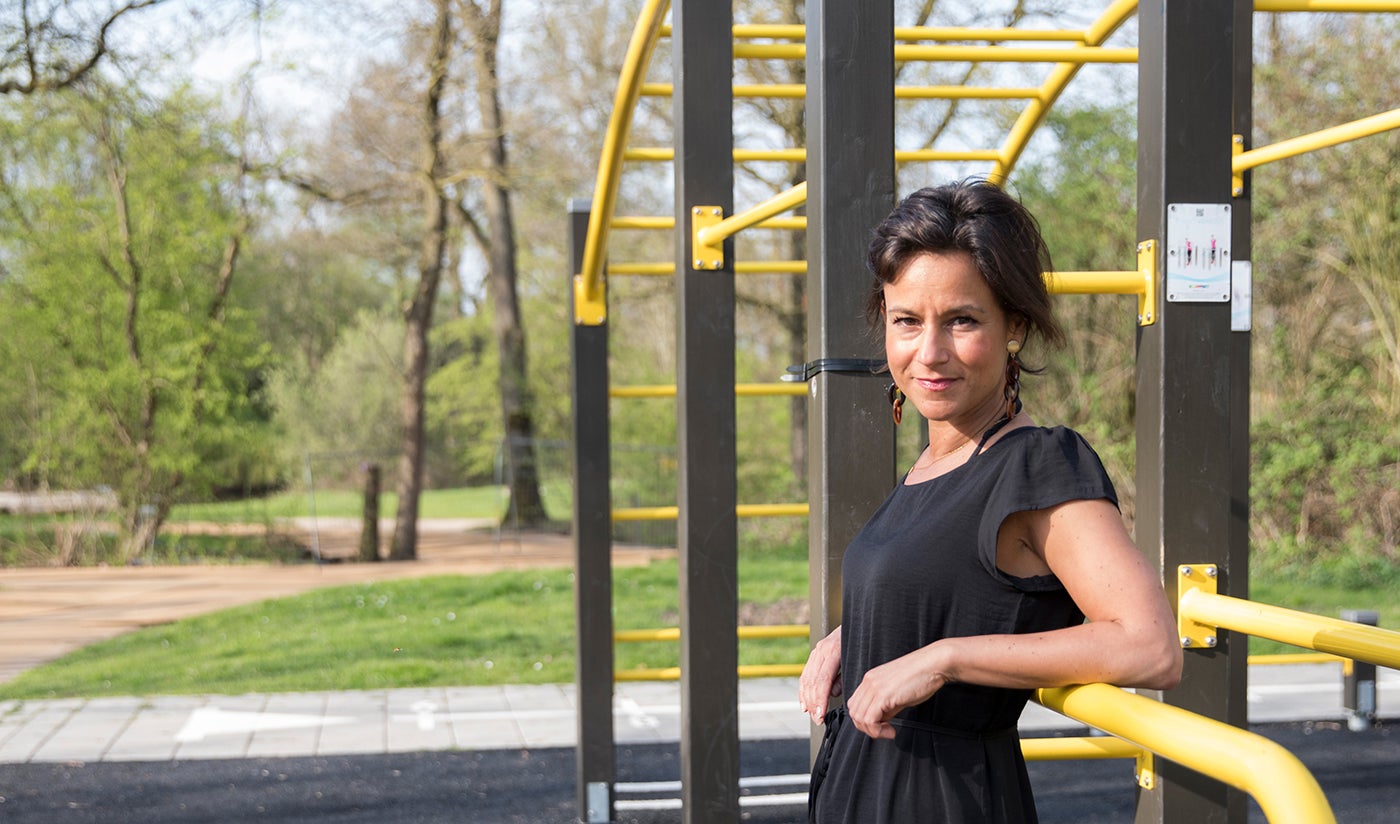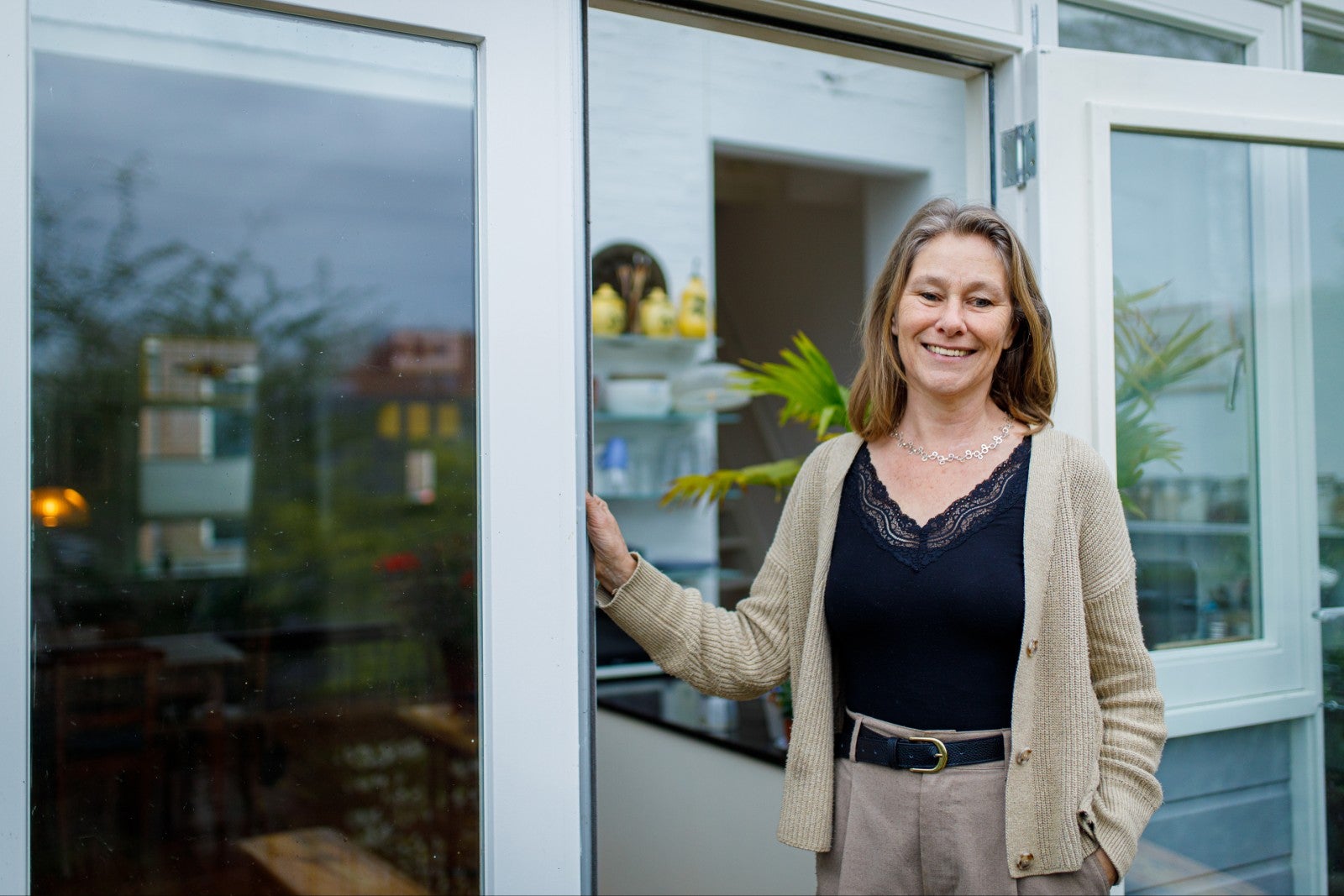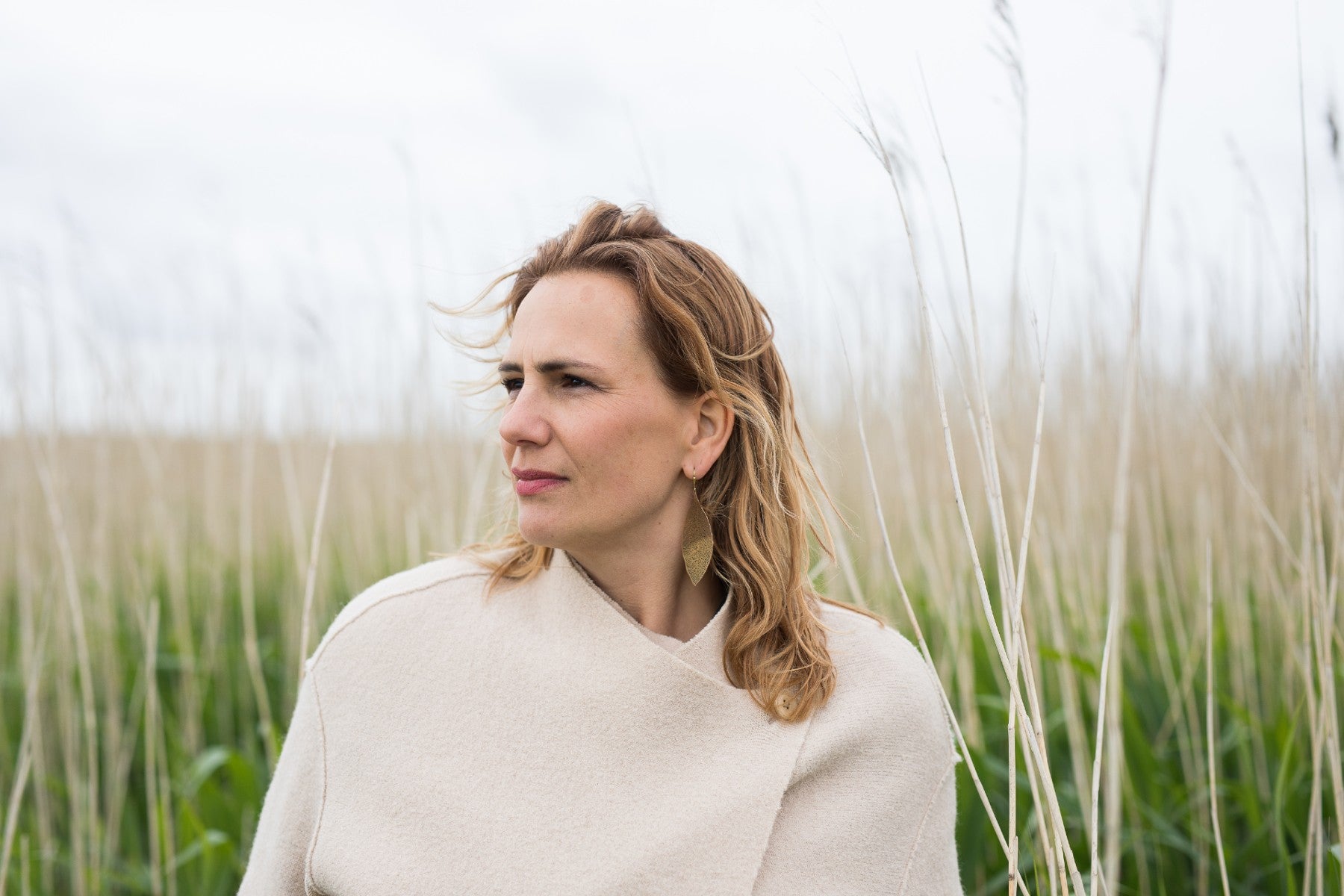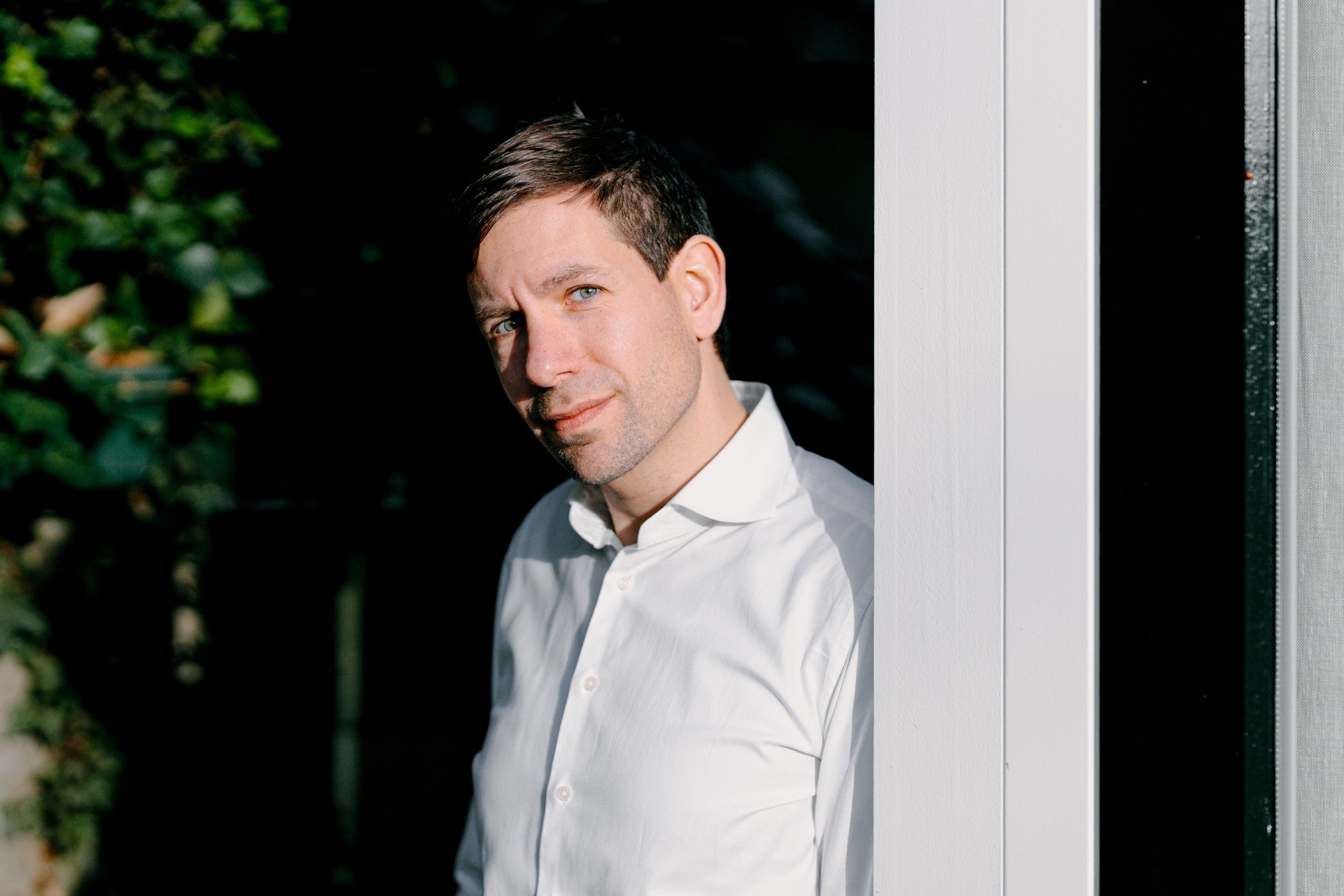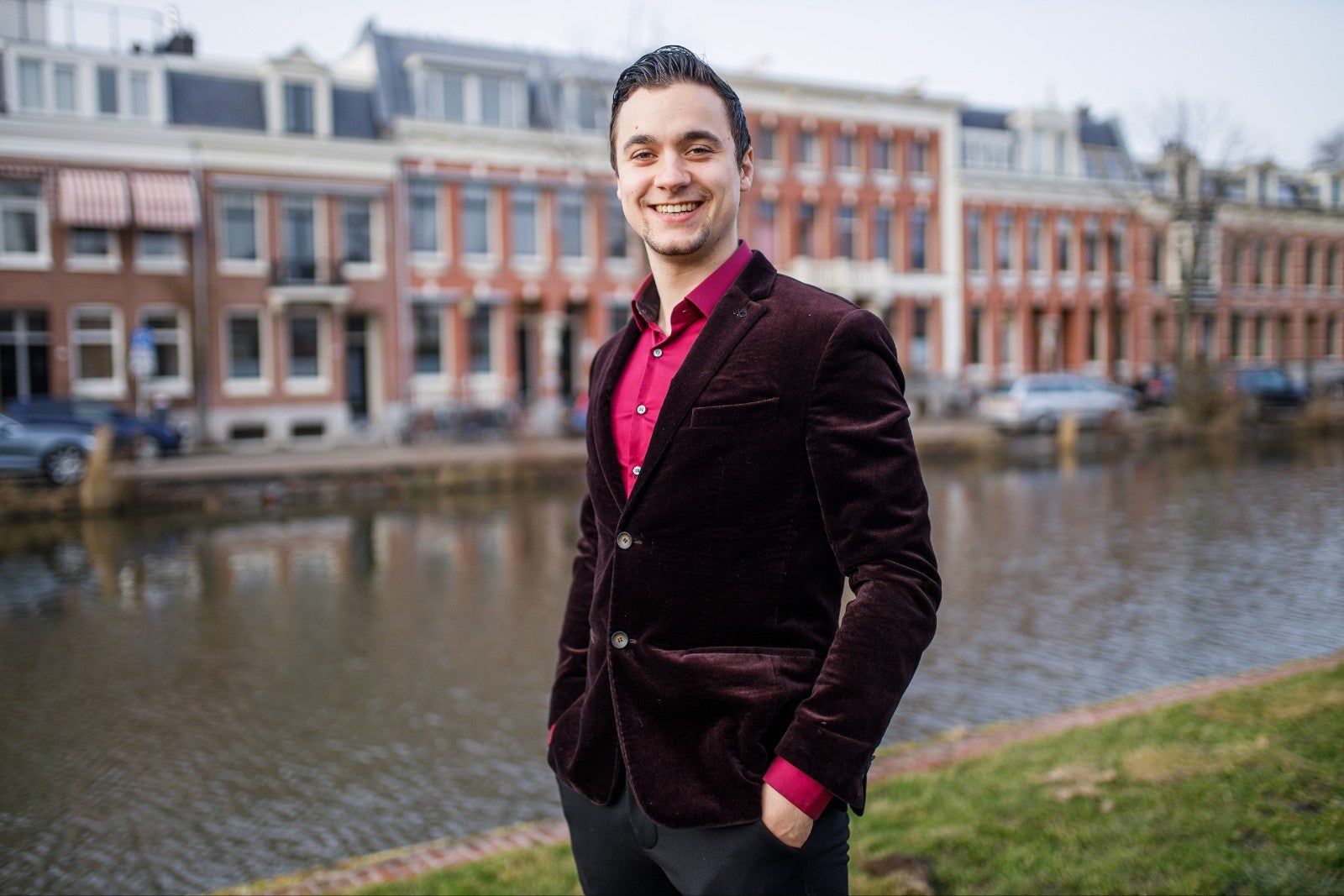Ever since clinical psychologist and human movement scientist Iva Bicanic learned about what sexual violence does to children in an elective at the VU, she has been fully committed to helping victims. She is the initiator of and a coordinator at the Centre for Sexual Violence, for example, a haven for victims in sixteen different regions. She also works as a therapist, lecturer, and researcher. Bicanic frequently appeared in the media as an expert in the context of #MeToo.
How did you experience the #MeToo discussion? ‘I have mixed feelings about it. On the one hand, I’m glad that the topic can be discussed and that victims have found the courage to tell their stories. On the other hand, the discussion has failed to show how extensive and harmful sexual abuse truly is. Another drawback is that the news mainly focused on a single, specific group: adults who cross the line, typically at work or in nightlife situations. Victims among children, immigrants, men and members of the LGBT community were hardly discussed at all.’
‘#MeToo even led to suicide attempts’
‘The discussion was painful for a lot of patients . Most of them try to avoid everything that reminds them of the abuse, but that was impossible when #MeToo was in the news every day. The tension really mounted for these people, even leading to suicide attempts. The people who shared their story in the media were called ‘brave’, as if the same doesn’t apply to all victims. Some of them told me how hurtful it was: for them, silence was often the only way that they could continue to function in their daily lives.’
Have more people come to the Centres for Sexual Violence since #MeToo? ‘Yes and no. We have seen an increase in people who suffered abuse years ago and have now finally managed to bring up the courage to report it. For more recent victims, however, reporting sexual violence does not seem to have become easier. All in all, I do not think that #MeToo succeeded in showing the severity of sexual abuse, both in terms of size and impact. It destroys lives.’
How did you become involved with the subject of sexual violence? ‘I wanted to be a pediatrician first, but I didn’t make it in the medicine lottery three times in a row. I decided to start studying Human Movement Sciences. I took an elective course on child abuse and sexual abuse, taught by professors Francien Lamers-Winkelman and Herman Baartman. As early as the first lecture I was strongly drawn to the subject. I was raised in a very protective environment and I was shaken by all the stories I heard. At the same time, it encouraged me to do something. It turned into a fascination: after these lectures, I started reading everything I could about the subject, and did an internship with Francien. She has been a great source of inspiration for me.’
What did you learn from her? ‘I think that she really brought me to maturity in my field. That is no exaggeration: I spent almost 10 years working for her and she’s had a considerable influence on the way I work now. People who know her have noticed that I share her method of reasoning.
‘She has taught me to truly support victims. Francien went a lot further than I ever have, even risking lawsuits for her patients. She also taught me to be directive, both when speaking with victims and when talking to professionals. You have to make sure that victims receive the help they need to recover. There’s no time to waste: even though the issue is a sensitive one, you have to get straight to the point. Many professionals are not aware that untreated trauma increases the risk of recurrence.
‘I didn’t miss a single lecture, I wanted to absorb all the knowledge I could’
‘Francien also offered me a lot of opportunities. After finishing my internship, she gave me an unpaid work experience position. To reimburse me for my work, I was allowed to attend a child abuse conference in San Diego, California every year. All the researchers whose articles I had studied in detail would be there. I didn’t miss a single lecture, I wanted to absorb all the knowledge I could. That’s where I came up with the idea behind the current Centre for Sexual Violence: a single location where medical, forensic, and psychological experts work closely together. These centres already existed in San Diego. This start-up phase was crucial for the rest of my career.’
That’s more than 20 years ago. How can you explain that you’re still equally committed to this issue? ‘If you see how abuse can destroy lives as often as I do, you’ll feel the necessity to keep working. In that sense, I feel like I’m on a mission. In addition, the versatility of the work is appealing to me and I get a lot in return. Helping patients recover and inspiring colleagues by sharing my knowledge makes me happy.
‘I’m a very passionate, enthusiastic person. I’m like my father, in that respect. As a physicist, his field was completely different, but he loved it just as much. He taught at the university, organised conferences, educated young people, did research and published articles.’
You also combine several positions, and you have a very active social media presence. How do you manage? ‘It can be pretty difficult. Since I started making frequent media appearances, some people see me as a spokeswoman for victims of abuse. Every day, I receive messages via Twitter of LinkedIn from people asking questions or sharing their personal story. Often, there’s too many of them to respond to in a single day.
‘Since my father died, I’ve been spending more time with my friends and family’
‘I had been making the conscious decision to focus less on work for a while, but the death of my father in February reinforced that process of change. Work has to be meaningful, but it shouldn’t occupy you completely. I now spend more time with my family and friends. Striking a balance remains challenging. When people ask me for help, I find it difficult to tell them no. Their sense of trust has often been affected by abuse, and I’ll be the last person to damage it even more.’
What are your plans for the future? ‘First of all, I want to find structural funding to help run the Centre for Sexual Violence across the country. The Ministry of Justice and Security has subsidised the centres for 2018, but they’ll still need funding later. I also want to continue my research. Research is important, because trauma treatment currently fails to work for about 30 percent of all victims.
‘I also want to continue with what I started in San Diego: learning from the approaches that other countries take to sexual violence. I’m thinking of organising a sexual assault tour through Europe, to investigate how various disciplines collaborate in different countries and find out which prevention and treatment methods they use. I think that would be very inspiring. I can then bring these good practices back to the Netherlands. For the Centre of Sexual Violence, California and Scandinavia were key examples, but there’s still a lot that we can learn from other countries as well.’
> Call for subsidies Iva Bicanic is looking for subsidies to fund her sexual assault tour. Do you want to help improve care for victims in the Netherlands, taking inspiration from abroad? Please contact her at: i.a.e.bicanic@umcutrecht.nl.
CV Iva Bicanic
Iva Bicanic (1972) studied Human Movement Sciences and Psychology at VU University Amsterdam. She is currently a clinical psychologist and the head of the National Psychotrauma Centre for Children and Adolescents at the Utrecht University Medical Centre. She is also the national coordinator of the Centre for Sexual Violence, which has 16 locations in the Netherlands that victims can visit immediately after the abuse. In these centres, the police, nurses, doctors and psychologists work closely together. Bicanic completed her PhD on rape in 2014.
Bicanic made frequent appearances in the news in the context of the #MeToo discussion to discuss prejudices about abuse and to explain what sexual violence does to victims. She made an appearance in the BNN programme Verkracht of niet?, as well as several radio shows and talk shows.
1984 Stedelijk Gymnasium in Nijmegen | 1991 Medicine at the University of Louvain | 1992 Human Movement Sciences at VU University Amsterdam | 1998-2002 psychology at VU University Amsterdam | 1995 internship, work experience | 2003 psychomotoric therapist at Francien Lamers-Winkelman’s Trauma Centre for Children and Adolescents in Haarlem | 2003 healthcare psychologist in training at the Medical Psychology department of the Wilhelmina Children’s Hospital | 2006 practitioner at the National Psychotrauma Centre | 2011 head of the National Psychotrauma Centre| 2014 PhD from Utrecht University: Psychobiological correlates or rape in adolescent girls | 2012-present: national coordinator of the Centre for Sexual Violence | 2016 completed training as specialist clinical psychologist | 2017 awarded the Jaap Chrisstoffels Penning for her efforts for traumatised children

